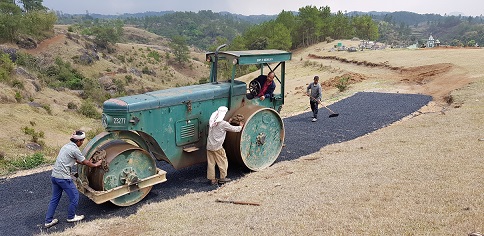 SHILLONG, APR 9: A one kilometre road built with shredded waste plastic techonology in Nongkynjeng village in West Khasi Hills District is the first to be implemented in the North East state.
SHILLONG, APR 9: A one kilometre road built with shredded waste plastic techonology in Nongkynjeng village in West Khasi Hills District is the first to be implemented in the North East state.Announcing the completion of the road, district deputy commissioner Arunkumar Kembhavi said the road has been constructed in convergence with the MGNREGA and Megha-Lamp at a cost of only Rs 33 lakh.
A technology developed by Rajagopalan Vasudevan, a chemistry professor from Madurai, uses finely-shredded plastic waste that is added to heated bitumen.
This technology has been used extensively in parts of Tamilnadu and Karnataka.
“However this is the first time such technology being implemented by a district administration in North East,” he said in a statement issued here on Monday.
According to a World Economic Forum (WEF) report, plastic can make roads more durable against changing weather — floods, extreme heat and extreme cold. It has less water carrying capacity than normal roads meaning no cracks, potholes or craters.
They are not only greener, but are also stronger and maintenance-free, they could last about three times as long as conventional road. It also reduces the quantity of bitumen used.
Kembhavi further informed that another two roads in villages Nonglwai I and II are in the pipeline and expected to be completed by the end of this month.
“We have already consumed 470 kgs of plastic waste like polythene carry bags, plastic cups, chips packets, foam packaging etc for one km,” he said adding “Not just waste plastic from Nongstoin we are importing plastic from Shillong as well which could have otherwise littered our roads.”
“If all roads in Meghalaya are built using this technology we can get rid of the plastic menace which is a necessary evil in modern world,” he said.
The DC also expressed his gratitude to the Nongkynjeng villagers and the headman for the cooperation they extended to DC office and block office in executing this project.
By Our Reporter



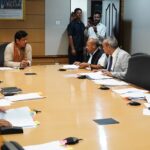
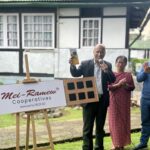







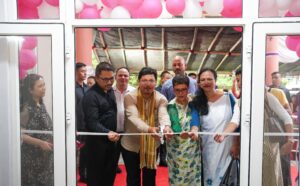
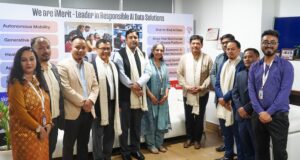
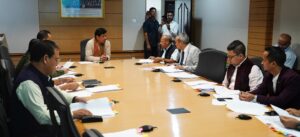

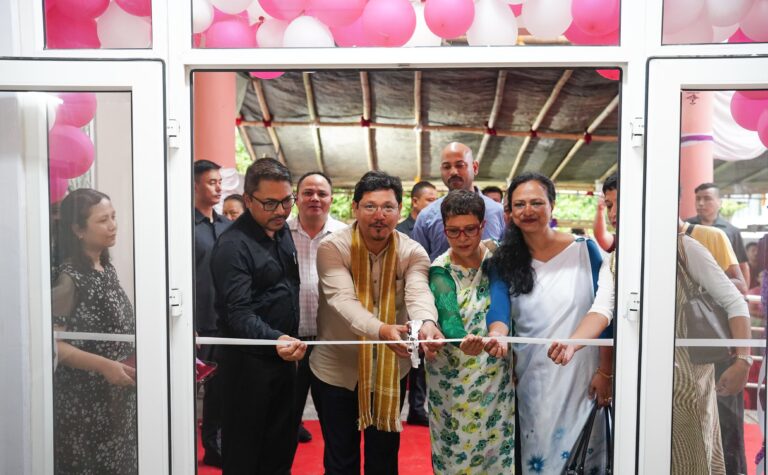
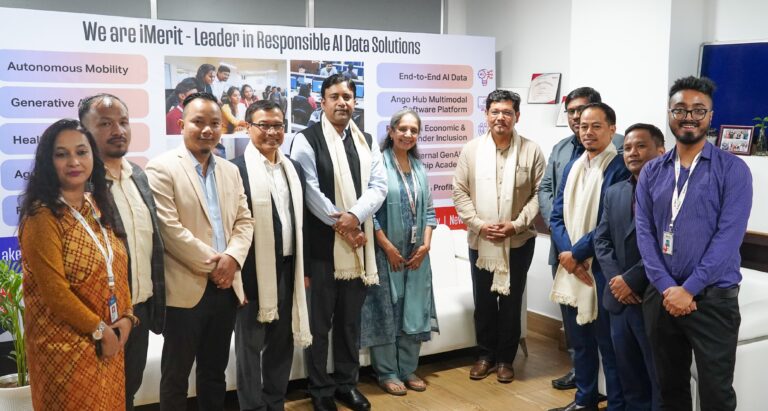
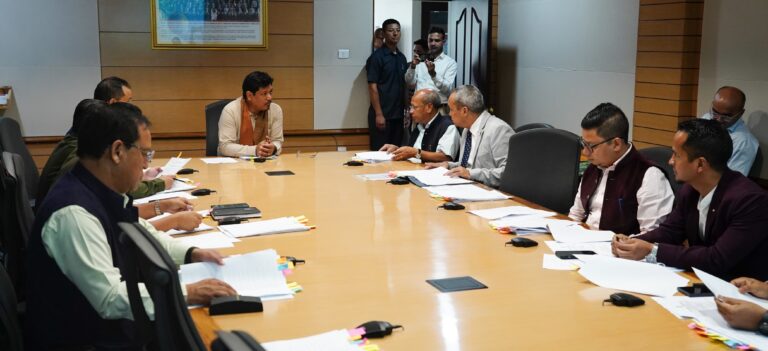
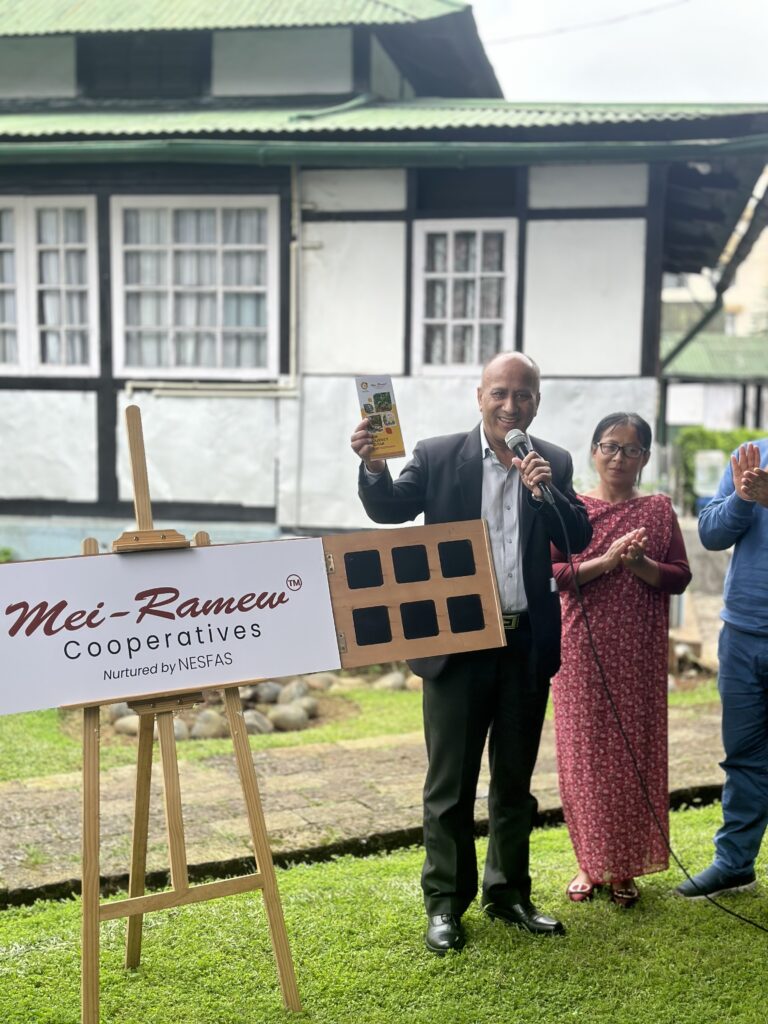
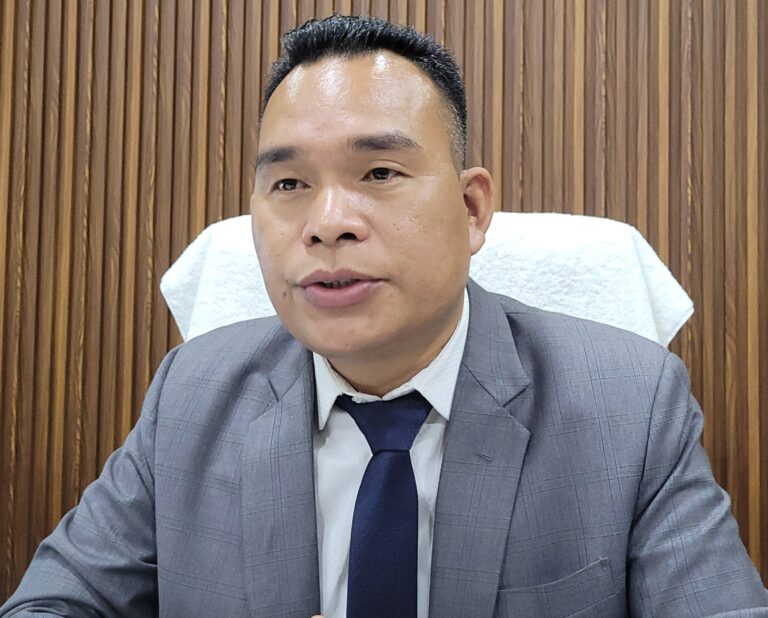
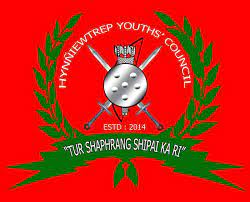


+ There are no comments
Add yours